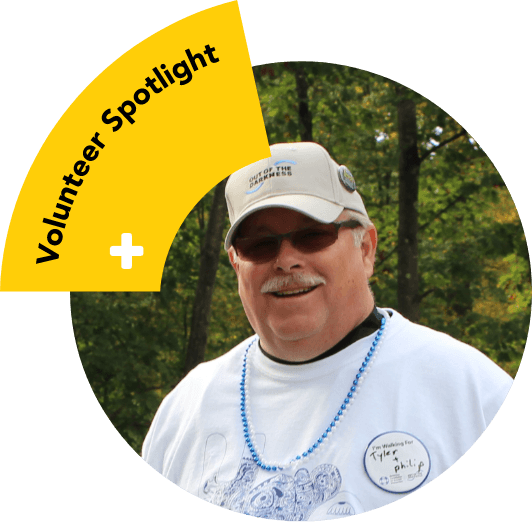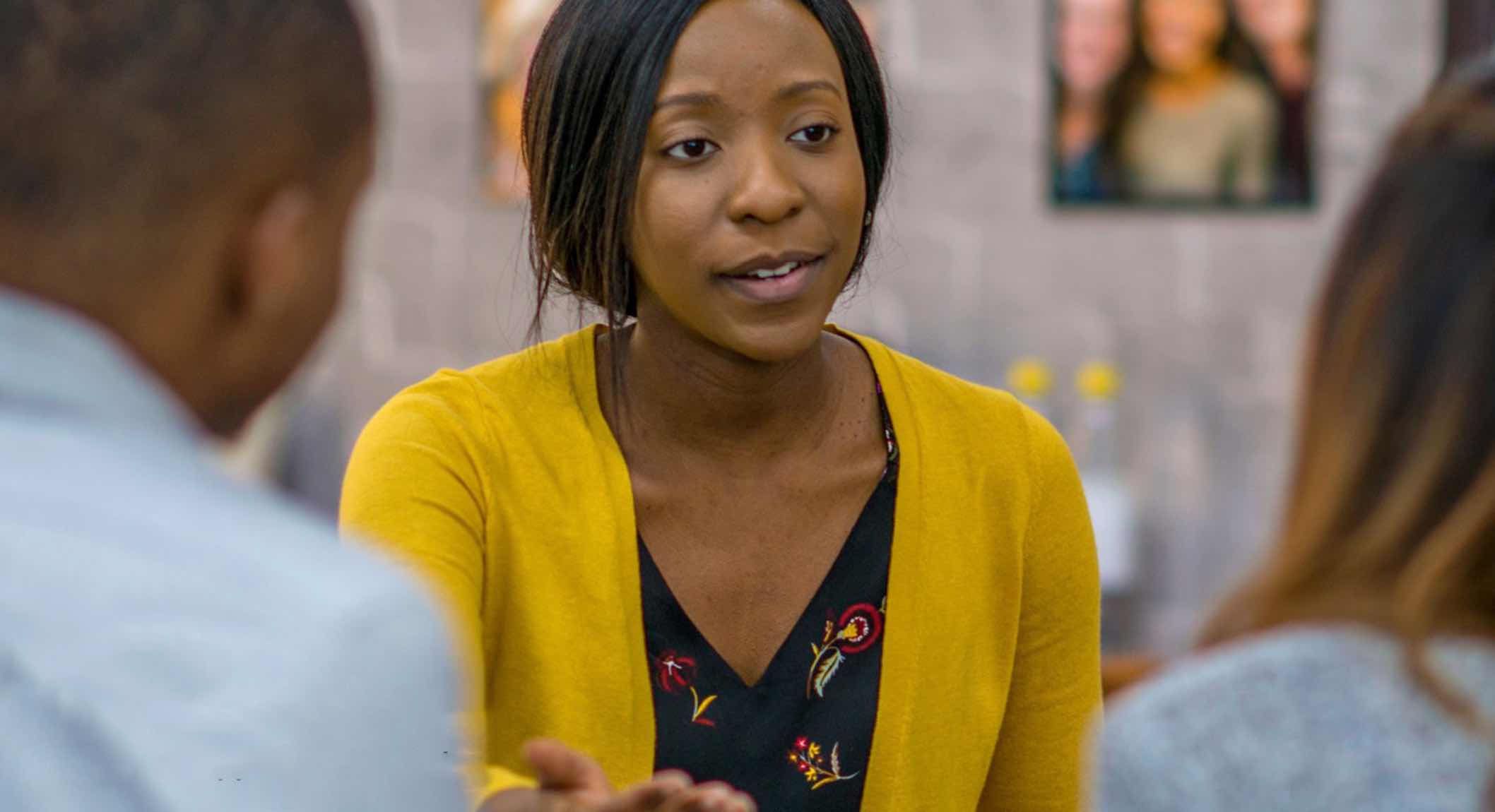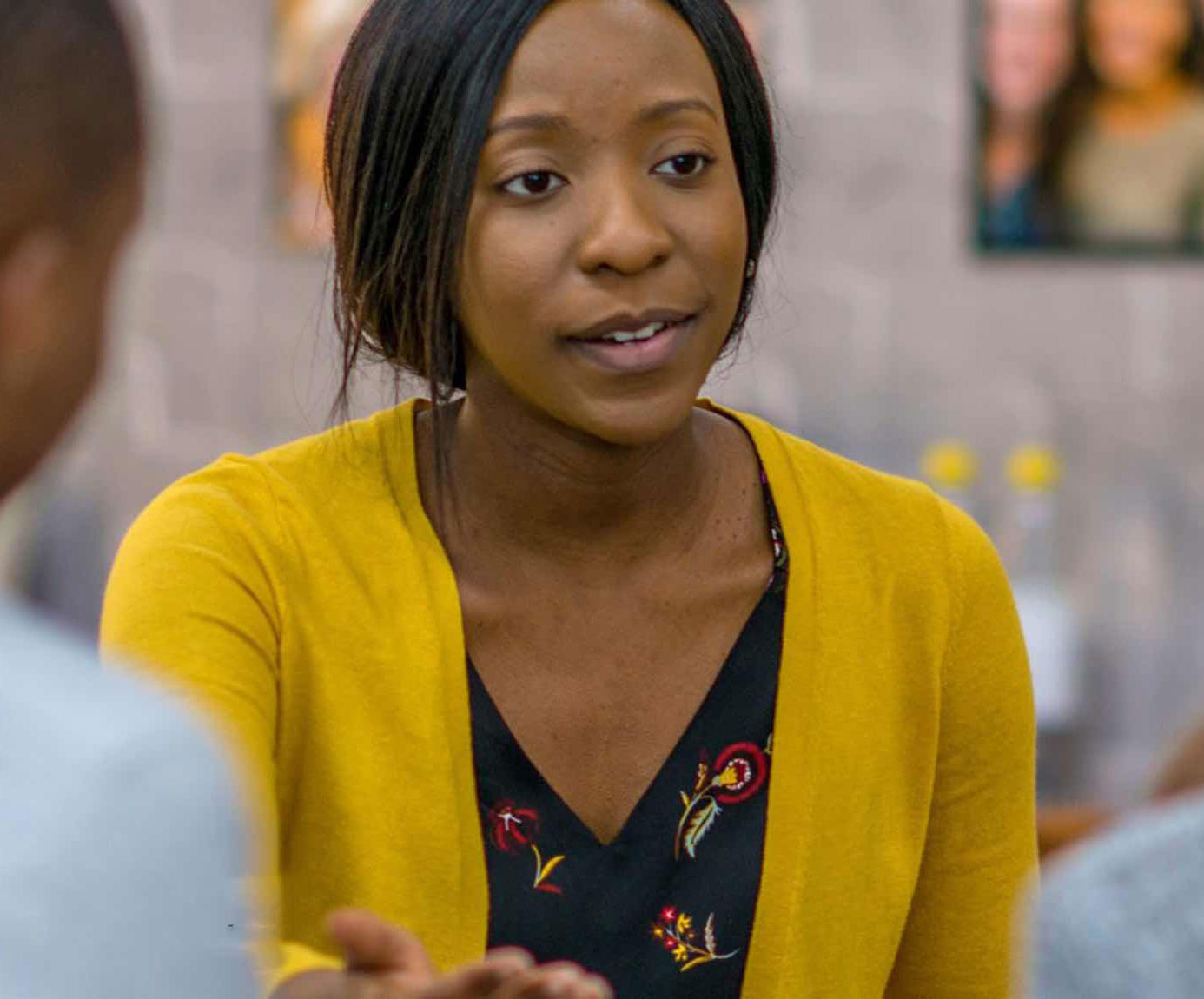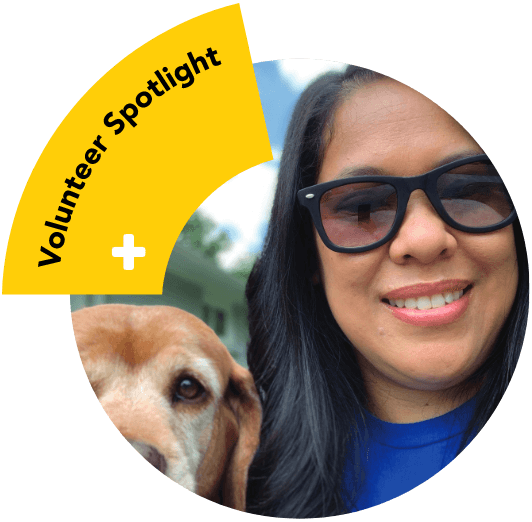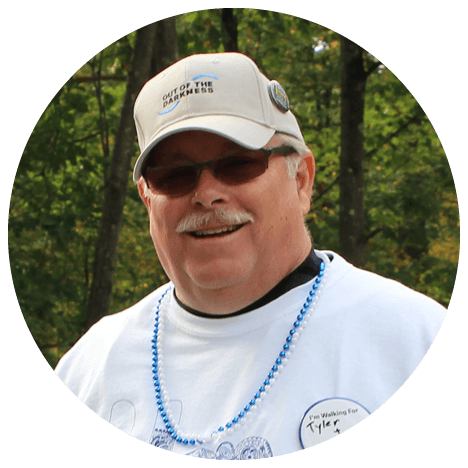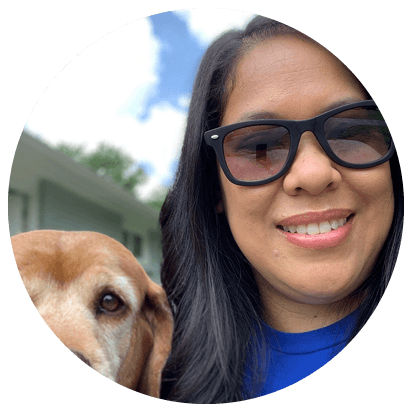Support
It is through a sense of community–in small, local areas, and as a nation–that we are best able to create a safety net for those who are struggling. It is through the people who make up our own, individual communities that we are able to share a growing understanding of mental health and the complexities of suicide.
INTERACTIVE
SCREENING
PROGRAM
Our Interactive Screening Program provides individual members of school and workplace communities with a safe and anonymous way to connect with help when they need support and resources.
Individuals in need of help are not always ready to connect to mental health services. The Interactive Screening Program’s web-based platform offers a screening for stress, depression, and other mental health concerns, followed by the opportunity to connect with a program counselor within the mental health services available to them, and have an anonymous electronic dialogue. Individuals can decide to connect with available mental health services.
The program is utilized by mental health services at institutions of higher education, including medical and professional degree schools, hospitals and health systems, law enforcement agencies, and other workplace settings through Employee Assistance Programs (EAPs).
One by one, throughout our communities, people are sharing and spreading their knowledge and experiences of how we can all—as members of our home, work, friend, family, school, and faith networks—support ourselves and one another.

Thousands of suicide loss survivors gathered at events around the world on November 17th for International Survivors of Suicide Loss Day. The events are an opportunity for suicide loss survivors to find comfort and gain understanding, while being supported by others in their community as they share stories of hope and healing from a loss.

Healing Conversations, formerly known as the Survivor Outreach Program, gives those who have lost loved ones to suicide the opportunity to talk with our experienced volunteers, who are themselves survivors of suicide loss.
Available in person, on the phone or by video chat following a suicide death, these Healing Conversations provide connection and understanding in the moments people need it most.
Nearly 800 people from every corner of the country requested a connection through our Healing Conversations Program this past year — an increase of 22% over the previous year. We currently have over 500 trained Healing Conversations volunteers.
Supporting Those Who Support Others
Grief following a death by suicide requires a specific type of support. Over 450 mental health professionals participated in our Suicide Bereavement Clinician Training Program this year, and over 240 people attended the Support Group Facilitator Training program. These programs educate those in helping roles about how to better support suicide loss survivors.



